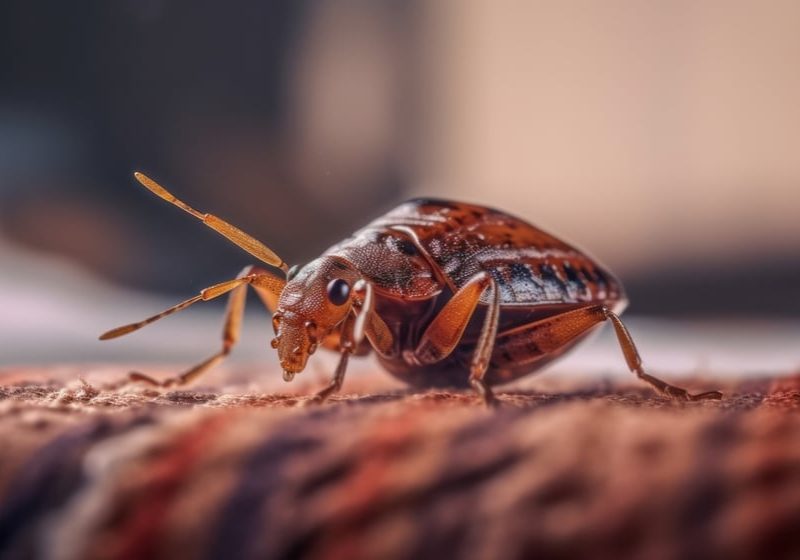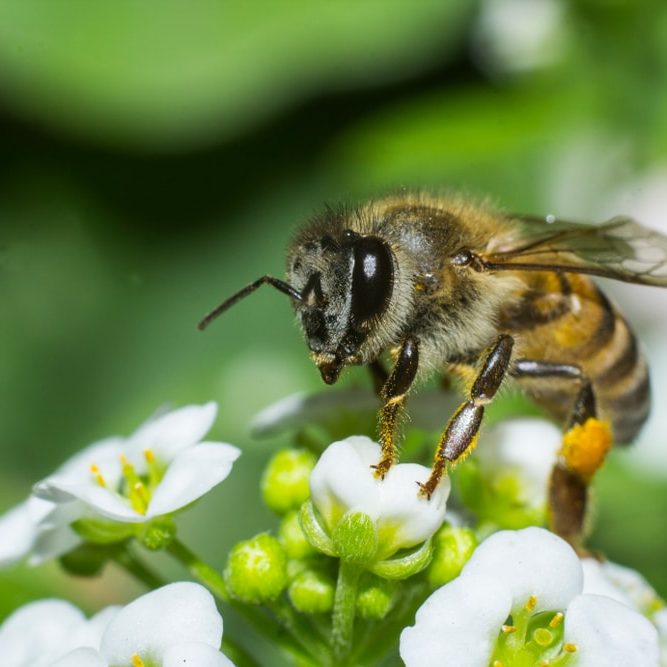In a world filled with information, it's all too easy for myths and misconceptions to take root, especially concerning pest control. Many homeowners approach pest management with preconceived notions that can hinder their ability to effectively address pest issues. From believing every bug is harmful to thinking that DIY solutions are enough, these myths can lead to frustration and greater infestations. This blog post aims to debunk common pest myths, provide factual insights, and empower you to manage pest control effectively in your home.
Common Pest Myths and Misconceptions
Understanding the myths surrounding pest control is the first step in combating them. Here are some of the most prevalent misconceptions:
Myth 1: “All Bugs and Insects Are Harmful”
One of the most widespread myths is that all insects are pests that need to be exterminated. While it’s true that some insects can be harmful, many play vital roles in our ecosystems.
- Beneficial Insects: Insects like bees, butterflies, and ladybugs contribute significantly to pollination and pest control.
- Decomposers: Some insects, such as ants and certain beetles, help break down organic matter, enriching the soil and promoting healthy plant growth.

Myth 2: “DIY Pest Control Is Always Effective”
Many homeowners turn to DIY methods when dealing with pest problems, assuming that these solutions are sufficient.
- Limitations of DIY: While DIY pest control can be effective for minor issues, it often falls short for larger infestations.
- Professional Help Needed: In cases of severe infestations or specific pest problems, professional pest control services offer tailored solutions that can address the root of the issue.
Myth 3: “If I Don’t See Pests, I Don’t Have a Problem”
Another common misconception is that the absence of visible pests means your home is pest-free.
- Hidden Infestations: Many pests, such as termites and bed bugs, can exist in your home without being detected until damage has been done.
- Importance of Inspections: Regular inspections can help identify potential problems before they escalate into significant infestations.
Myth 4: “Pests Only Invade Dirty Homes”
It’s a common belief that pests only invade homes that are unkempt or dirty.
- Attractiveness of Food Sources: While cleanliness can deter pests, factors such as available food sources, moisture, and structural issues can invite pests into any home.
- Diverse Environments: Pests are opportunistic and can thrive in various environments, including well-maintained homes.
At Emtec Pest Control, we are committed to safe and responsible pest control. We understand that your family’s safety is your number one priority, so we make it our priority, too.
If you have any other questions about any of these pests or pest control for your home or business, contact your Oklahoma pest control experts at Emtec Pest Control by calling us or by filling out our online contact form.

